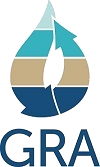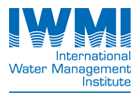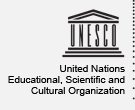Presentations
Waskom, Reagan M.
Presentation Title
Trends and Alternatives to Ag to Urban Water Transfers in Colorado
Institution
Colorado State University
Video
Not Available
Presentation
Profile Picture
Abstract
Water transfers from agricultural to urban and environmental uses are increasingly common worldwide. In most cases in the intermountain West, municipal water providers seek outright purchase of senior agricultural surface water rights, with subsequent permanent agricultural dry-up provisions. In Colorado, this trend has manifested in a decline of irrigated acres from a high of 3.3 million acres in the 1980s to less than 2.8 million acres today. It has been estimated that up to an additional half million irrigated acres in Colorado may be transitioned to dryland within the next 25 to 30 years as water is transferred to meet urban, environmental and recreational demands. Many irrigated areas in the Great Plains and West utilize groundwater for supplemental or full irrigation water supplies. Irrigated agriculture relies heavily on tributary groundwater in Colorado, extracting some 2.5 million acre-feet annually on average, but there are institutionally driven retractions in irrigated acres occurring in virtually every major groundwater basin in the state due to past over-appropriation, recent intrastate litigation, and resolution of interstate compact disputes. Surface water transfers out of agriculture and increased reuse of municipal effluent will further increase the pressure on irrigated agriculture as recharge in these basins is reduced. This presentation will review the current trends in the loss of groundwater irrigated lands in Colorado, the mechanisms causing this dry-up and the application of alternative institutional methods to permanent dry-up such as rotational fallowing, water banks, interruptible supply agreements and deficit irrigation approaches.
Figures
None Available
|












